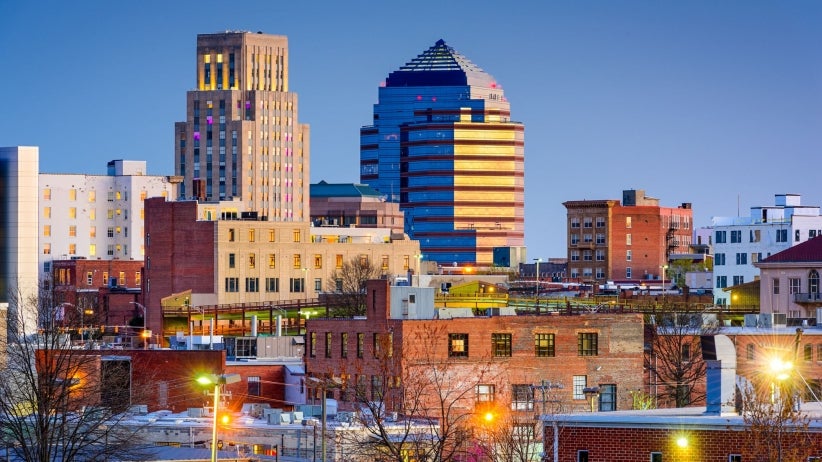

A rapper, a broadcast company, a chamber of commerce, a downtown booster group, a credit union and one of the world’s best known tech companies. This unusual cast of characters is driving Durham, N.C.’s emergence as what CNBC now calls, “the startup capital of the South.”
The fact is, unlikely partners sometimes produce undeniably appealing ideas — whether the ultimate objective is launching a company or re-launching a city.
Durham is a former tobacco and textile boomtown that, like many industrial cities in the 1980s and 90s, fell on hard times. Enter the comeback’s first unlikely player, Capitol Broadcasting Company, which decided to add to its television and radio portfolio a massive and derelict tobacco factory. CBC lovingly turned the old warehouses into office space, which opened the doors to successful companies eager to set up shop near universities such as Duke, NC Central, NC State and UNC-Chapel Hill.
But what about the next generation of innovators? CBC eyeballed a storage basement and somehow found it exactly right for the development of the American Underground, a co-working space for entrepreneurs that might otherwise opt for Silicon Valley or Boston.
The American Underground grew into a 250-company campus and reached well beyond the city’s borders to establish a fruitful association as one of the country’s eight Google for Entrepreneurs Tech Hubs.
Another way to grab the attention of startups, the Durham Chamber of Commerce and Downtown Durham Inc. stepped in with two defining ideas. The Bull City Startup Stampede brought three dozen early stage startups to Durham with the lure of free temporary space and a network of entrepreneurs ready to help. Soon after, The Smofficelaunched, known as the “world’s smallest office,” eventually placing one startup in the front window of a downtown coffee shop.
While Durham’s offbeat approach was now its calling card, the city’s greatest strength was its diversity.
Ranking among North Carolina’s most racially diverse metros, the Bull City boasts a proud history as a southern capital of black finance. The American Underground teamed with community leaders to launch the Black Wall Street networking series, which, among other programs, is designed to fuel good ideas and make sure Durham’s success includes everyone. As has become our custom, the startup community found an unconventional way to celebrate, tapping Professor Toon, the American Underground’s Rapper in Residence, to deliver via video our 2015 annual report.
Many ambitious cities desire a bursting portfolio of startups. But without broad community support, efforts may die on the vine or flame out when the next hot thing arrives.
In Durham, we’ve found that diverse teams with an array of perspectives and skill sets make for both innovative solutions to immediate challenges and sustained success.